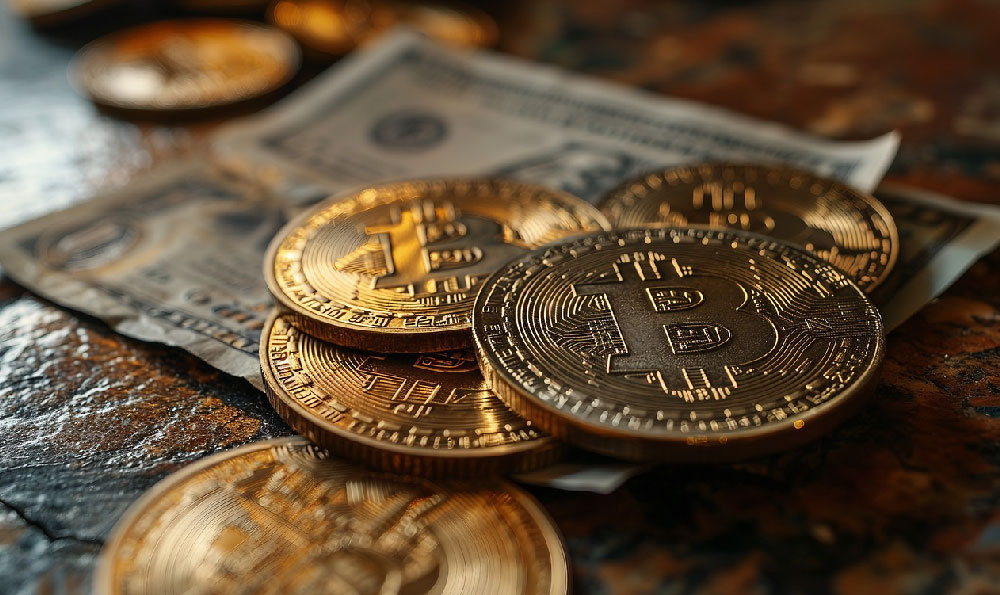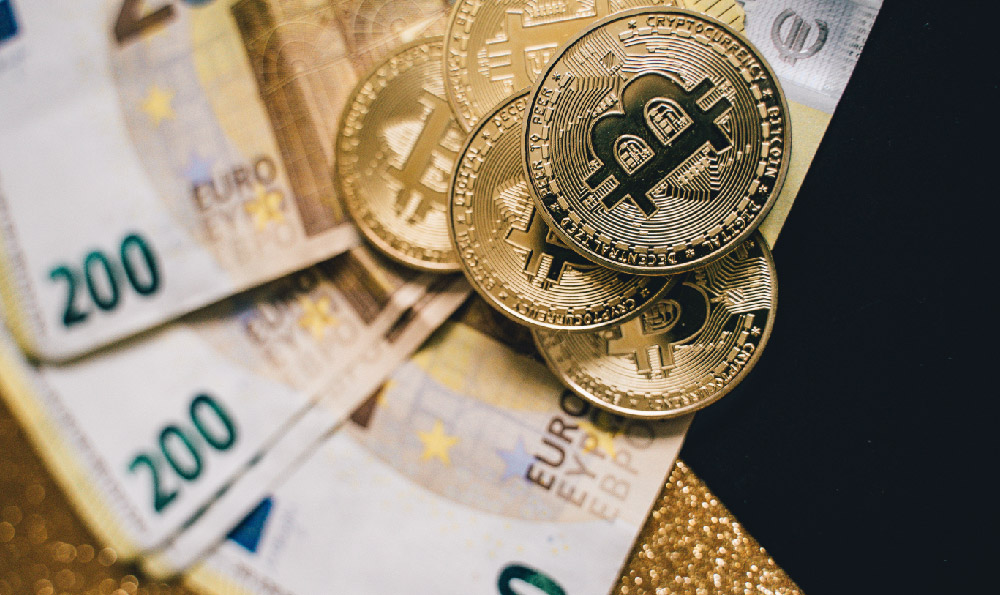Turning Your PC into a Cash Machine? How Can You Make Free Money Online Using Your Computer?

The allure of turning your personal computer into a cash-generating machine is understandable. The idea of passive income, earned while you sleep or pursue other interests, is a powerful motivator. While the reality is rarely as simple as flipping a switch and watching the money roll in, there are indeed legitimate ways to leverage your computer and internet connection to generate income online, including exploring the world of cryptocurrencies, though it requires careful consideration and a strategic approach.
The connection between your PC and cryptocurrency profits often starts with understanding the different avenues available. Mining, staking, and participating in crypto-related tasks are primary contenders. Let's dissect these, bearing in mind that "free money" is a misnomer; each requires an investment of time, resources, or both.
Mining, the process of verifying and adding new transaction blocks to a blockchain, was once a viable option for home computers, especially with cryptocurrencies like Bitcoin. However, Bitcoin mining has become dominated by large-scale operations using specialized hardware (ASICs) that far outstrip the capabilities of a standard PC. Trying to mine Bitcoin with your computer would likely result in more electricity costs than actual profit. However, there are alternative cryptocurrencies that utilize different consensus mechanisms, like Proof-of-Stake (PoS) or Proof-of-Work (PoW) algorithms, that might still be minable with a PC. These are typically less established coins, and the profitability can fluctuate wildly based on network difficulty, coin price, and your electricity rates. Researching these alternative coins, their technological foundations, and their community support is crucial before diving in. You'll also need to consider the technical setup, involving specialized mining software and potentially dedicated hardware (GPUs are often preferred).

Staking, a more energy-efficient alternative, involves holding cryptocurrency in a wallet to support the operations of a blockchain network. In return for staking your coins, you receive rewards, typically in the form of additional coins. While this doesn't require the same computational power as mining, it does necessitate owning a certain amount of the cryptocurrency being staked. Some platforms allow you to "delegate" your stake to a larger staking pool, allowing even those with smaller holdings to participate. The profitability of staking depends on factors like the staking rate offered by the network, the amount of cryptocurrency you stake, and the duration of the staking period. Thoroughly research the cryptocurrency's staking mechanisms, the risks involved (such as lock-up periods and potential slashing of your stake), and the reputation of the platform you're using for staking.
Beyond mining and staking, your PC can be used to participate in crypto-related tasks that offer smaller, more immediate rewards. These often fall into the category of "microtasks" and may include:
-
Airdrops and Bounties: Many new cryptocurrency projects offer airdrops (free tokens) to early adopters or participants. Bounties, on the other hand, are tasks that you can complete in exchange for cryptocurrency. These tasks may involve following the project on social media, writing articles, creating videos, or participating in testing. While the rewards from individual airdrops and bounties may be small, they can add up over time. Be cautious of scams; always verify the legitimacy of the project before participating.
-
Cryptocurrency Trading and Investing: Your computer is your gateway to the crypto markets. Platforms like Binance, Coinbase, and Kraken provide tools for buying, selling, and trading various cryptocurrencies. However, this is where expertise becomes paramount. The crypto market is notoriously volatile, and without a solid understanding of technical analysis, fundamental analysis, and risk management, you are more likely to lose money than make it. Start with small amounts, educate yourself thoroughly, and consider using demo accounts to practice before risking real capital.
-
Freelance Work in the Crypto Space: As the crypto industry grows, so does the demand for skilled professionals. If you have skills in areas like writing, design, programming, marketing, or customer support, you can find freelance opportunities in the crypto space. Websites like Upwork and Fiverr often have listings for crypto-related projects.
Regardless of the chosen path, several crucial safeguards are essential. First and foremost is security. Cryptocurrency wallets are vulnerable to hacking and theft. Use strong, unique passwords, enable two-factor authentication (2FA) wherever possible, and consider using hardware wallets for storing larger amounts of cryptocurrency. Be wary of phishing scams and never share your private keys with anyone.
Another critical aspect is due diligence. The crypto space is rife with scams and fraudulent projects. Before investing in any cryptocurrency or participating in any crypto-related activity, thoroughly research the project, its team, its technology, and its market potential. Look for red flags, such as unrealistic promises, anonymous teams, and lack of transparency.
Finally, understand the regulatory landscape. Cryptocurrency regulations vary widely from country to country, and they are constantly evolving. Be aware of the laws and regulations in your jurisdiction and ensure that you are complying with them. You may need to report your cryptocurrency earnings to tax authorities.
Turning your PC into a "cash machine" through cryptocurrencies is achievable, but it demands more than just a computer and an internet connection. It requires a dedication to learning, a commitment to security, and a healthy dose of skepticism. Approach it as a serious investment, not a get-rich-quick scheme, and you'll be better positioned to navigate the complexities and potentially reap the rewards. Remember to diversify your efforts, manage your risk, and never invest more than you can afford to lose. The journey into the crypto world can be exciting and potentially profitable, but it's a journey that requires careful planning and execution.















